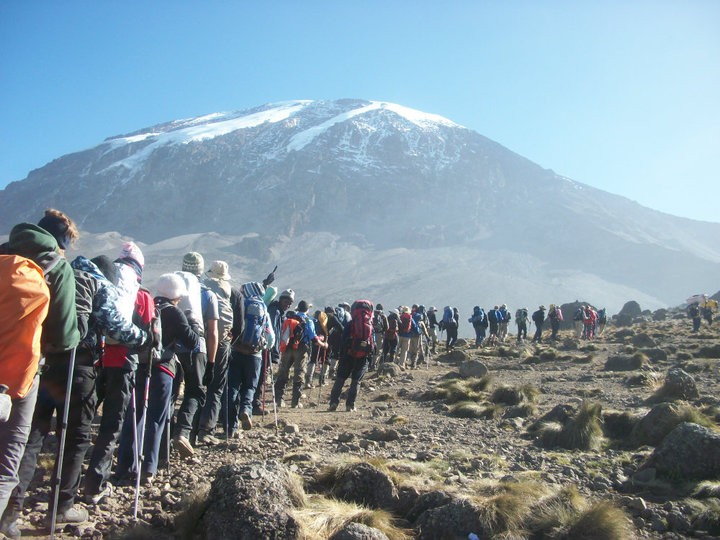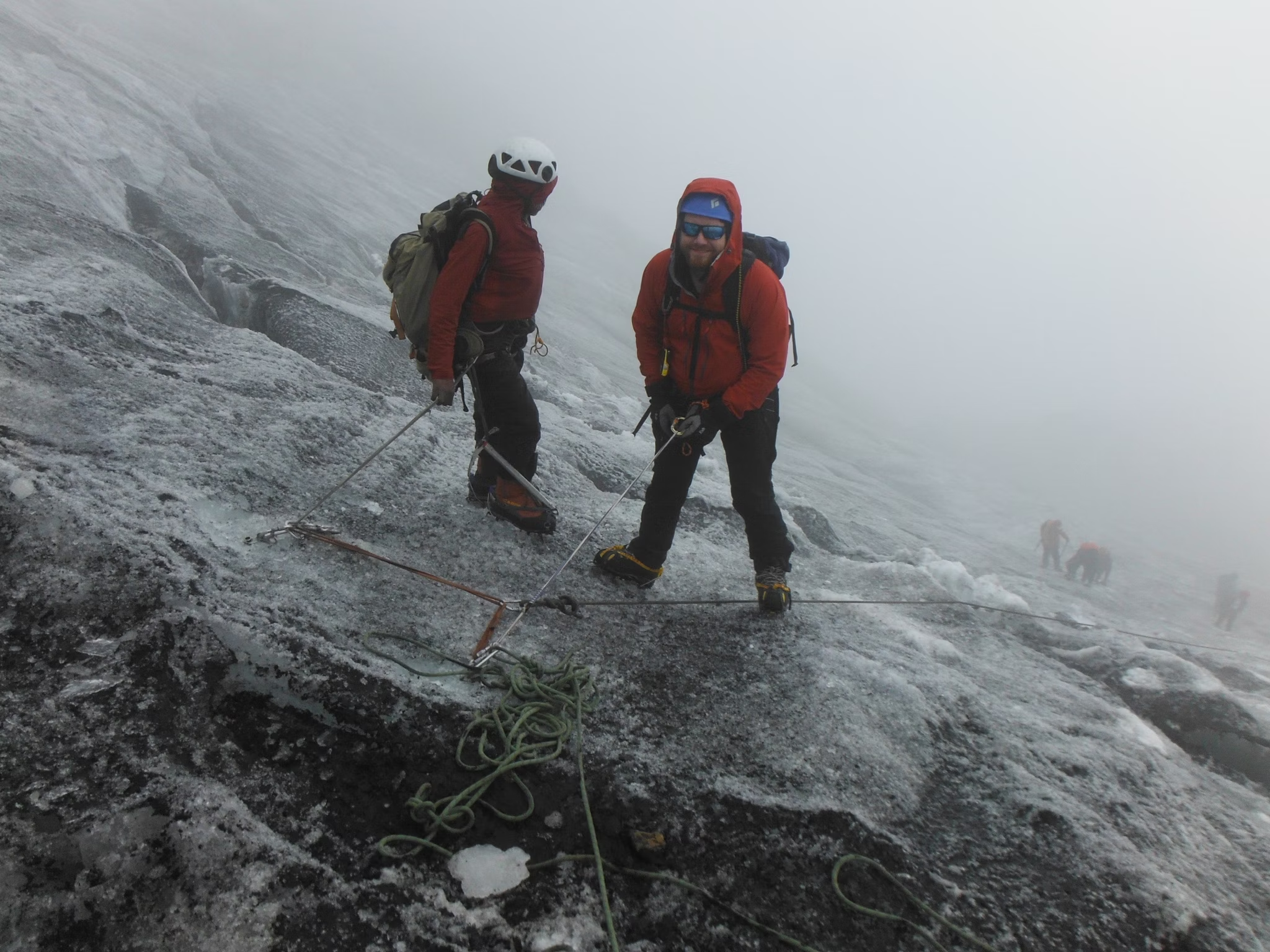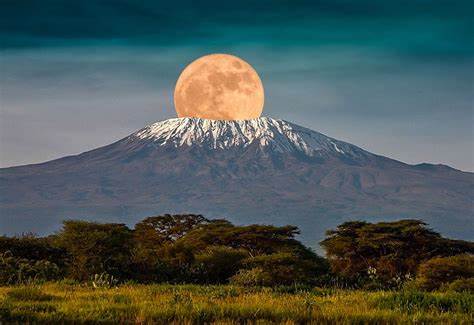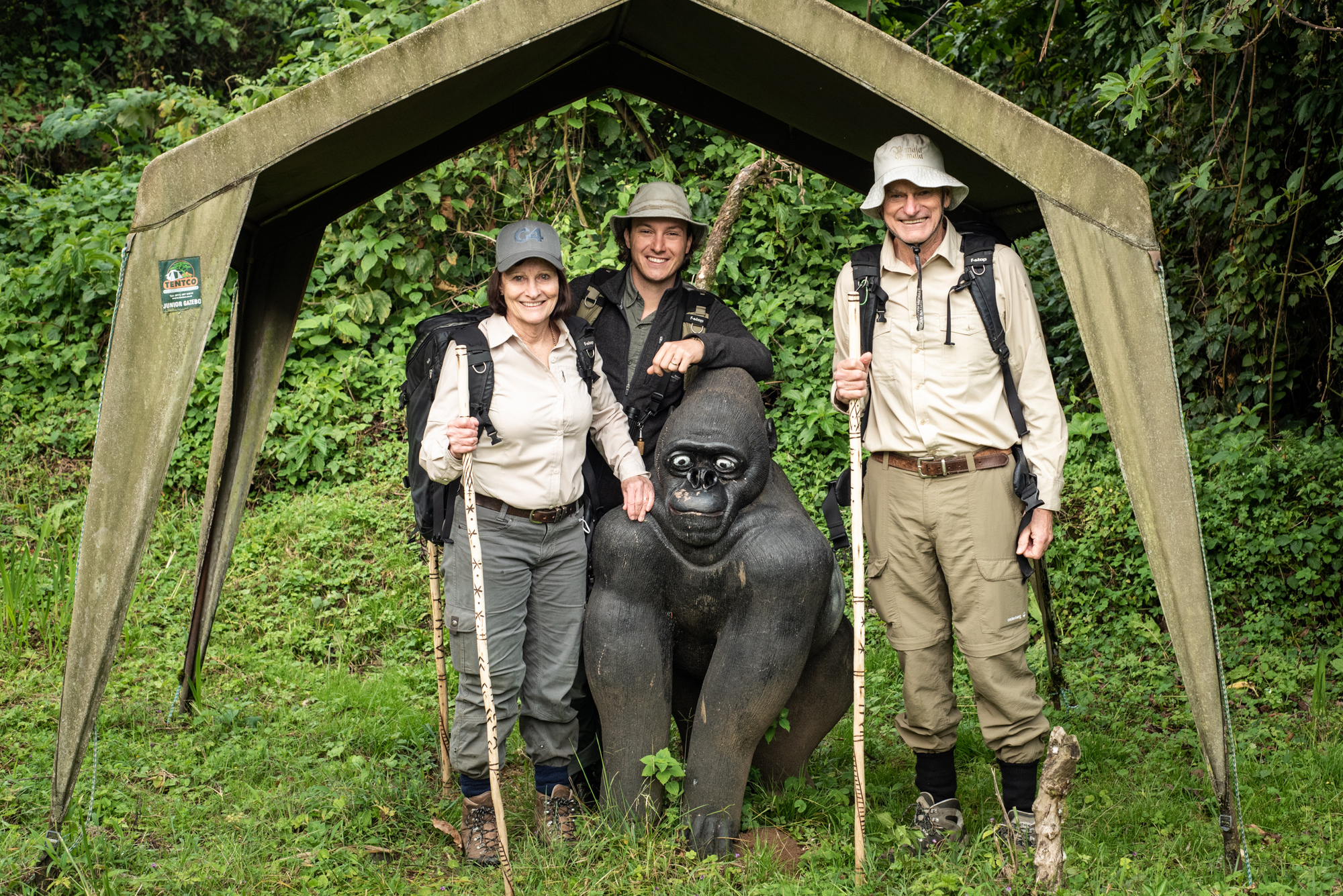
Frequently Asked Mountain Trekking Questions
Frequently Asked Kilimanjaro & Rwenzori Mountains Trekking Questions (FAQs)
Welcome to our Essential Frequently Asked Questions (FAQs) for Rwenzori & Kilimanjaro Mountain Tours in Uganda and Tanzania respectively! Whether you’re an adventurous trekker, a wildlife enthusiast, or simply seeking a unique travel experience, planning a trip to these magnificent mountains can raise many questions. Our comprehensive guide addresses the most common inquiries regarding mountain Rwenzori and Kilimanjaro trekking routes, preparation tips, safety measures, cultural experiences, and more. We aim to provide you with the information you need to ensure a memorable and successful journey in the breathtaking landscapes of the Rwenzori and Kilimanjaro Mountains. Dive in and discover the answers that will help you embark on the adventure of a lifetime!
General Frequently Asked Questions for Rwenzori And Kilimanjaro mountains
Q1: What is the best time of year to hike Rwenzori and Kilimanjaro?
A: The best time to hike both Rwenzori and Kilimanjaro is during the dry seasons. For Rwenzori, the ideal months are December to February and June to August, when the trails are less muddy and the skies are clearer. For Kilimanjaro, the dry seasons from January to mid-March and June to October offer the best conditions for a successful summit. These periods also provide better visibility, making the scenic views more rewarding.
Q2: Do I need prior experience to trek Rwenzori or Kilimanjaro?
A: Prior trekking experience is not mandatory, but it is beneficial. Both mountains have routes suitable for beginners and more challenging ones for seasoned climbers. Physical fitness and mental preparation are crucial due to the demanding nature of these treks. We offer pre-trek training advice and preparation tips to ensure you’re ready for the adventure.
Q3: What gear do I need for hiking Rwenzori and Kilimanjaro?
A: Essential gear includes sturdy hiking boots, layered clothing for varying temperatures, a waterproof jacket, thermal gloves, a hat for sun protection, UV-protective sunglasses, a warm sleeping bag, trekking poles, a headlamp with extra batteries, and a first-aid kit. We provide a detailed packing list upon booking to ensure you have everything you need.
Q4: Is it safe to hike Rwenzori and Kilimanjaro?
A: Safety is our top priority. Our experienced guides are trained in first aid and mountain rescue procedures. We also monitor altitude sickness symptoms closely, taking all necessary precautions to acclimatize properly. Both mountains are considered safe for trekkers, but the remote nature of the Rwenzori requires additional preparedness.
Q5: How do I get to the starting point of the Rwenzori or Kilimanjaro trek?
A: For Rwenzori, the trek starts in Uganda, with the nearest major town being Kasese, accessible by road or a short flight from Entebbe International Airport. For Kilimanjaro, the main starting points are Moshi and Arusha in Tanzania, both of which are accessible via Kilimanjaro International Airport. We provide airport transfers and detailed directions based on your itinerary.
Q6: What is included in the trekking packages?
A: Our trekking packages typically include professional guides, porters, accommodation before, during, and after the trek, meals, park entry fees, and transport to and from the trailheads. Optional extras like gear rental, additional acclimatization days, and cultural excursions can be added to your package.
Q7: What are the accommodation options during the trek?
A: Accommodation on Kilimanjaro is both mid-range and luxurious and varies by route, with options ranging from camping in tents to staying in huts on the Marangu Route. On Rwenzori, accommodation typically involves camping or staying in mountain huts that offer basic amenities.It is also mid-range and luxurious. We ensure all accommodations are safe, clean, and comfortable.
Q8: What kind of physical fitness is required for these treks?
A: Both Rwenzori and Kilimanjaro treks require a moderate to high level of physical fitness. We recommend engaging in regular cardiovascular and strength training exercises several months prior to your trek. Focus on building endurance, as the long days of trekking at high altitudes can be physically demanding. Our team can provide you with a training plan to help you prepare
Q9: What if I need to cancel or reschedule my trip?
A: We understand that plans can change. Our cancellation and rescheduling policies are designed to be as flexible as possible. Please refer to our booking terms and conditions for specific details, or contact our customer service team to discuss your situation. We aim to accommodate changes where possible to ensure you still have an opportunity to experience these incredible mountains.
Q10: What languages do the guides speak?
A: Our guides are fluent in English, which is the primary language for communication during the treks. We also have guides who speak Swahili, French, and other local languages. If you have specific language requirements, please let us know when booking, and we will do our best to accommodate your needs.
Q11: What is the best time of year to climb Kilimanjaro and Rwenzori Mountains?
A: The best time to climb Kilimanjaro is during the dry seasons: from late June to October and from December to February. These periods offer the best weather conditions with less rainfall, making the trails easier to navigate. For Rwenzori Mountains, the dry seasons are also ideal, which typically occur from December to February and from June to August. However, weather in the Rwenzoris can be unpredictable, so be prepared for varying conditions.
Q12: What are the physical requirements for climbing Kilimanjaro and Rwenzori?
A: Climbing Kilimanjaro and Rwenzori requires a good level of physical fitness, stamina, and determination. While you don’t need to be an elite athlete, it’s important to be in good health and able to walk for several hours a day. We recommend engaging in a training program that includes hiking, cardio exercises, and strength training at least 3-6 months before your trek.
Q13: Are porters and guides provided on the climbs?
A: Yes, our treks include professional guides and porters who are essential to the success of your climb. Guides will lead the way and ensure your safety, while porters carry your main gear, allowing you to focus on the trek. We adhere to ethical standards, ensuring that all porters and guides are treated fairly and paid well.
Q14: How can I book a trek to Kilimanjaro or Rwenzori?
A: Booking a trek is easy! You can contact us directly through our website, where we offer customizable packages. Our team will assist you in selecting the right route, duration, and additional activities to create a memorable adventure. We recommend booking well in advance, especially during peak seasons.
Q15: Can I trek solo or do I need to join a group?
A: While solo trekking is possible, we highly recommend joining a group for both safety and camaraderie. Group treks allow you to share the experience with like-minded adventurers and provide additional safety support. If you prefer a private trek, we can arrange a personalized itinerary just for you.
Q16: What are the cultural experiences available during the treks?
A: Both Kilimanjaro and Rwenzori offer rich cultural experiences. On Kilimanjaro, you may encounter the Chagga people who live on the mountain’s lower slopes. In the Rwenzoris, you can interact with local Bakonzo communities, learning about their customs, traditional farming methods, and folklore. We offer cultural tours that can be combined with your trek for a deeper connection with the region.
Q17: Are there any additional costs I should be aware of?
A: Yes, in addition to the trek cost, travelers should budget for international flights, visa fees, travel insurance, equipment rentals (if needed), tips for guides and porters, and optional excursions such as safaris or cultural experiences. We provide a detailed breakdown of costs during the booking process.
Q18: What is included in the tour package price?
A: Our tour package prices typically include park entry fees, accommodation either budget friendly or luxurious depending on your preference, meals during the trek, a professional guide and porters, and necessary permits. Optional extras, such as gear rentals and airport transfers, can be added to your package for an additional cost.
Q19: How much should I budget for tips for guides and porters?
A: Tipping is customary and appreciated for good service on Kilimanjaro and Rwenzori treks. We recommend budgeting around $10-$15 per day for your lead guide, $5-$10 for assistant guides, and $5 for each porter. Tipping amounts can vary based on the level of service you receive.
Q20: Do you offer group discounts for Kilimanjaro or Rwenzori climbs?
A: Yes, we offer group discounts for parties of six or more. The discount amount varies based on the size of the group and the chosen trek. Contact us for more details about group bookings and to receive a tailored quote.
Q26: Is there a payment plan available for booking a trek?
A: Yes, we understand that trekking costs can be significant, so we offer flexible payment plans. A deposit is required to secure your booking, and the remaining balance can be paid in installments leading up to your trek date. Please reach out to us for specific payment plan options.
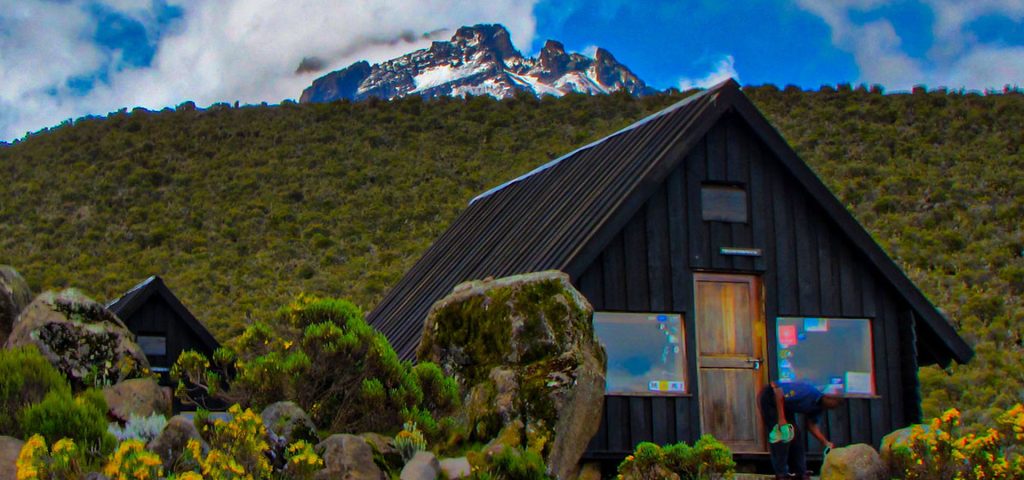
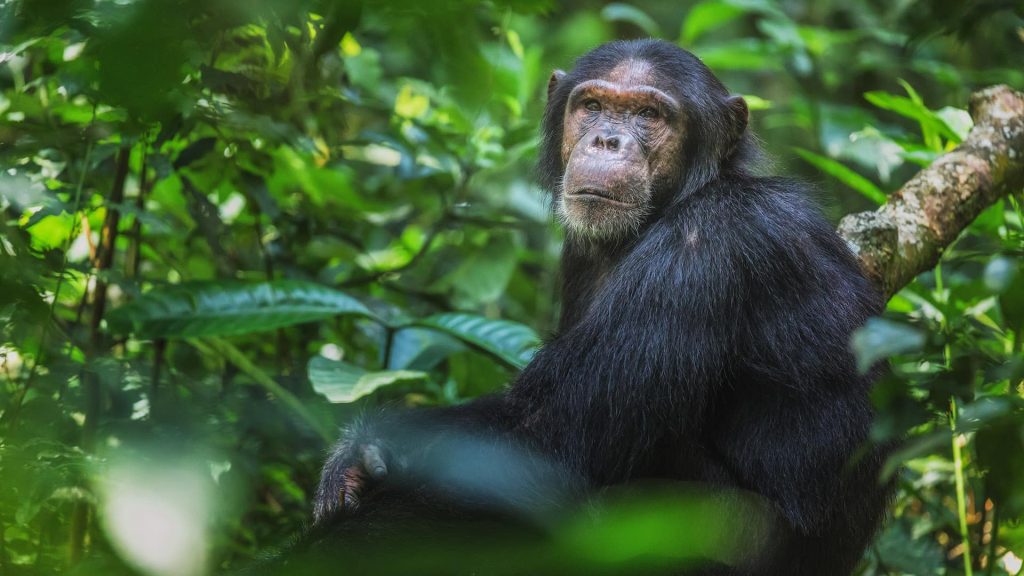
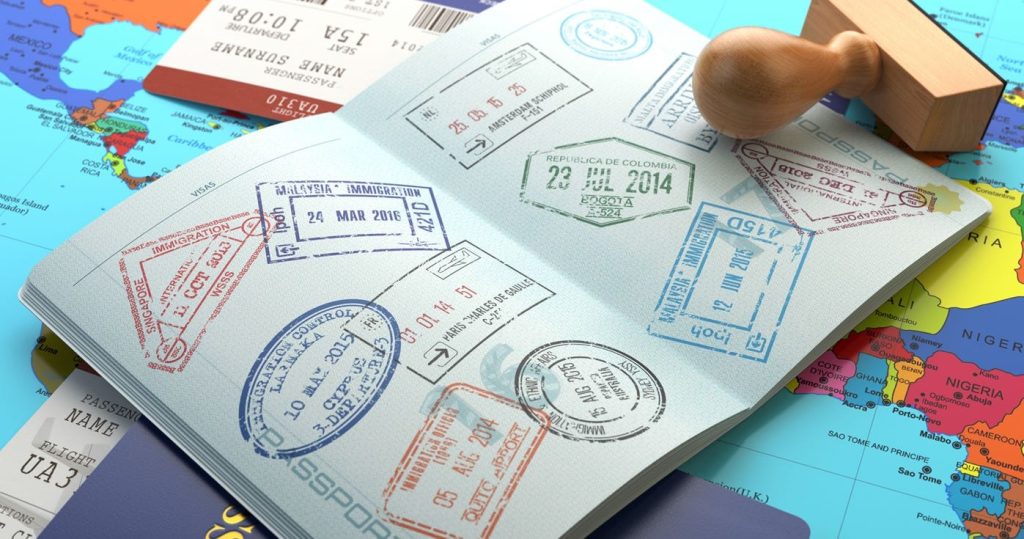
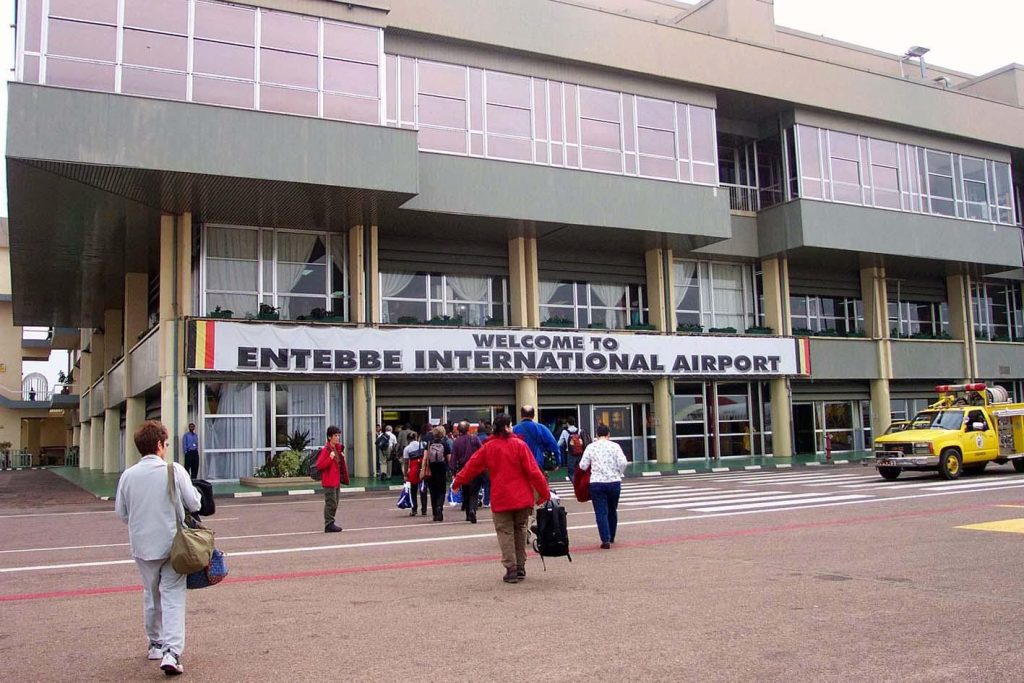
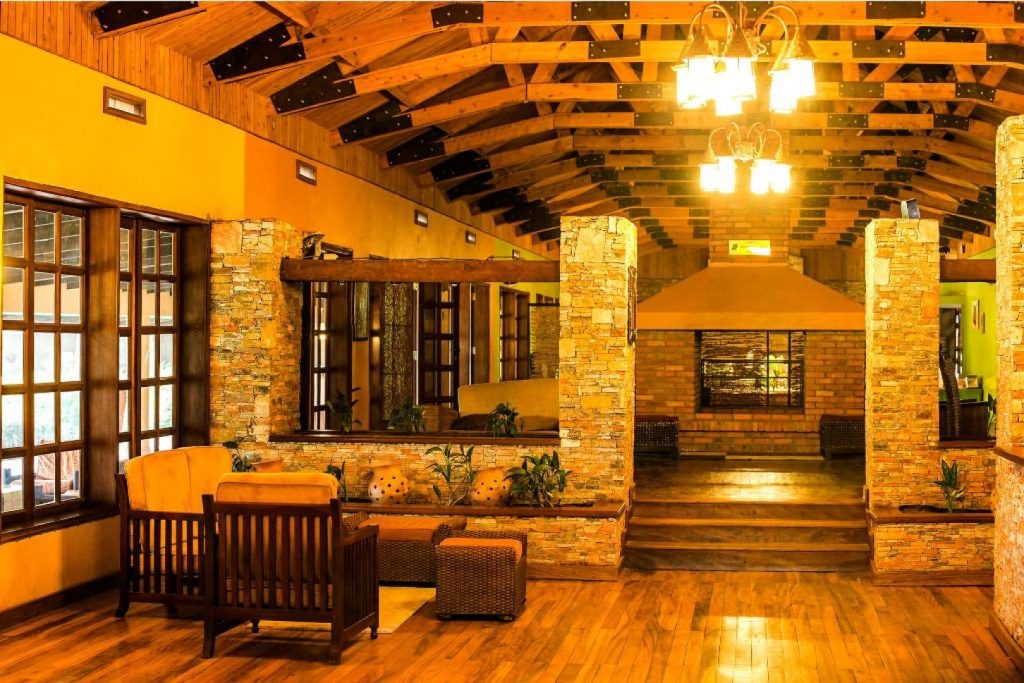
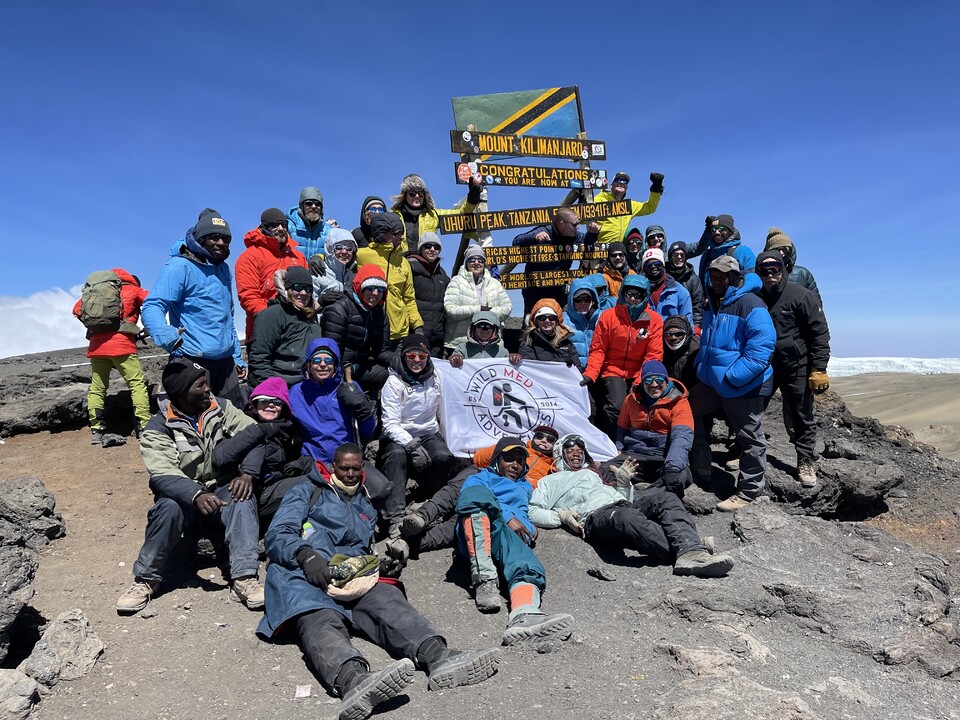
Conclusion
We hope this Frequently Asked Questions(FAQ) page has provided you with valuable insights into trekking the breathtaking Rwenzori and Kilimanjaro Mountains. As you prepare for your adventure, remember that both of these iconic mountain ranges offer unique experiences, from stunning landscapes and diverse wildlife to rich cultural encounters. Understanding the costs, safety measures, and preparations necessary for a successful climb will help you plan your journey with confidence.
Whether you’re an experienced hiker or a first-time mountain climber, our dedicated team is here to support you every step of the way. If you have more questions or need personalized assistance in planning your mountain Rwenzori or mount Kilimanjaro trek and Climb, don’t hesitate to contact us.
Start your unforgettable journey in East Africa today! Explore our customizable trekking tour packages for mountain Rwenzori in Uganda and mountain Kilimanjaro in Tanzania and join the ranks of adventurers who have reached the summits of Kilimanjaro and Rwenzori Mountains. Experience the thrill of conquering these majestic peaks, and create memories that will last a lifetime.
Ready to embark on your adventure? Visit our Kilimanjaro Rwenzori Climbing experts booking page or get in touch with us using the contact floating button on this site for more information. Your dream trek awaits!

